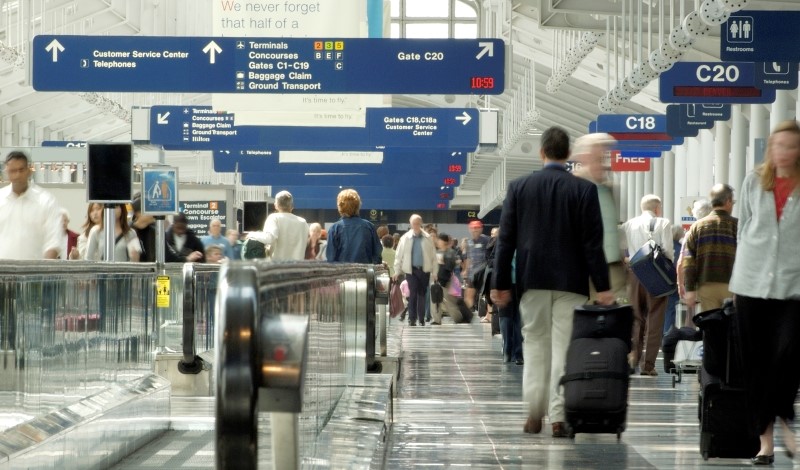
Transportation Secretary Pete Buttigieg orders four major airlines to provide details on frequent flyer programs.
In July 2024, American Airlines restricted miles accrual to bookings made directly with the airline or with a select list of partner agencies. United Airlines’ latest change to its program in June 2023 saw the carrier increase the number of miles required to redeem a free flight, a move known as devaluation.
These, and similar changes from other airline companies’ frequent flyer programs, have made it more difficult for travelers to benefit from perks. Changes include the curtailment of how travelers earn reward points from their travels and restrictions on how travelers may use these points to redeem flights.
The U.S. Department of Transport has now put a magnifying glass on these changes, as it launches an inquiry into the frequent flyer programs of American Airlines, Delta Air Lines, Southwest Airlines, and United Airlines.
In a letter sent in September 2024, U.S. Transportation Secretary Pete Buttigieg ordered the four airlines to file reports on their frequent flyer programs. Seeking to “identify potential competition or consumer protection issues or risks,” the Transportation Department ordered the four airlines under investigation to furnish all documents relating to the valuation of frequent flyer miles, dynamic pricing, fees applicable to rewards, and changes that might restrict customers’ choice.
The expansive scope of this order requires these airlines to produce information about their frequent flyer programs, such as the number of members, tiers of membership, and requirements for climbing those tiers.
The Transportation Department also ordered the four airlines to provide information, including “accounting records to support any cost rationale,” to help explain differences between the value of reward points and the cost charged to consumers to purchase these reward points, the reasons for changing their loyalty programs, and what process they used to make those changes.
Secretary Buttigieg stated that the primary objective of obtaining this information was to ensure that frequent flyer programs were “transparent” and that passengers and consumers “get the deal that they were promised.”
This investigation is the latest move in a series of Transportation Department actions that have focused on the airline industry during the Biden Administration.
In 2024 alone, the Transportation Department published final rules on issues including service-fee transparency and the provision of automatic refunds when flights are cancelled. The Transportation Department also proposed rules on disability accommodation and family seating.
These additional regulations have been coupled with enforcement actions that resulted in large fines for airline companies.
For example, in August 2023, the Transportation Department fined American Airlines $4.1 million for violating a rule that required airlines to allow passengers to deplane after a tarmac delay of more than three hours on domestic flights—the latest Transportation Department action in a series of fines it has imposed for tarmac delays.
This fine, which Secretary Buttigieg described as part of a “continued drive to enforce the rights of airline passengers,” was followed by the issuance of fines to other airlines soon after, including a record-breaking $140 million fine to Southwest Airlines over its handling of a series of flight cancellations in December 2022, a move that Secretary Buttigieg warned “should put all airlines on notice.”
It is not surprising that the Transportation Department has initiated an investigation into frequent flyer programs as the next step in its quest to enhance regulation of the airline industry. In a May 2024 statement, Secretary Buttigieg raised concerns over how airlines could “unilaterally” change the value of frequent flyer miles.
Frequent flyer programs have become an integral part of modern-day travel, with major programs such as American Airlines’ AAdvantage amassing more than 100 million registered members.
Some legal commentators have credited this growth to the lack of regulation in the industry. In an article, Ganesh Sitaraman, a professor at Vanderbilt Law School, described frequent flyer programs as a “symptom of a much deeper rot in the American air-travel industry.” He noted that deregulation has helped grow frequent flyer programs into “the sprawling points systems they are today.” Arguing that airlines are now akin to “financial institutions that happen to fly planes on the side,” Sitaraman contends that the time is ripe to regulate the industry.
The view that more can be done to enhance regulation of frequent flyer programs also exists within the Transportation Department itself. A 2016 report by the Transportation Department Office of Inspector General noted that the Department was “missing opportunities to strengthen oversight and be more proactive in determining whether airlines have engaged in unfair or deceptive practices.”
Responses to the Transportation Department’s order were due on December 4.



